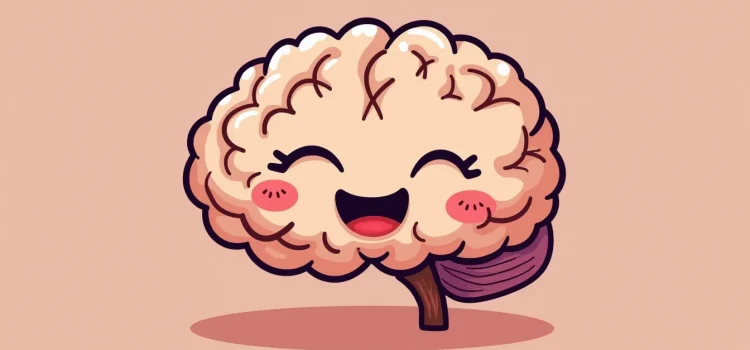Do you have or know someone who has ADHD? What’s Taking Charge of Adult ADHD by Russell A. Barkley about? Attention-Deficit/Hyperactivity Disorder (ADHD) isn’t a diagnosis that’s restricted to childhood. In Taking Charge of Adult ADHD, Russell A. Barkley explores how ADHD affects adults and the treatment options they have to manage it. Read below for a brief overview of Taking Charge of Adult ADHD.
Taking Charge of Adult ADHD by Russell A. Barkley: Book Overview










